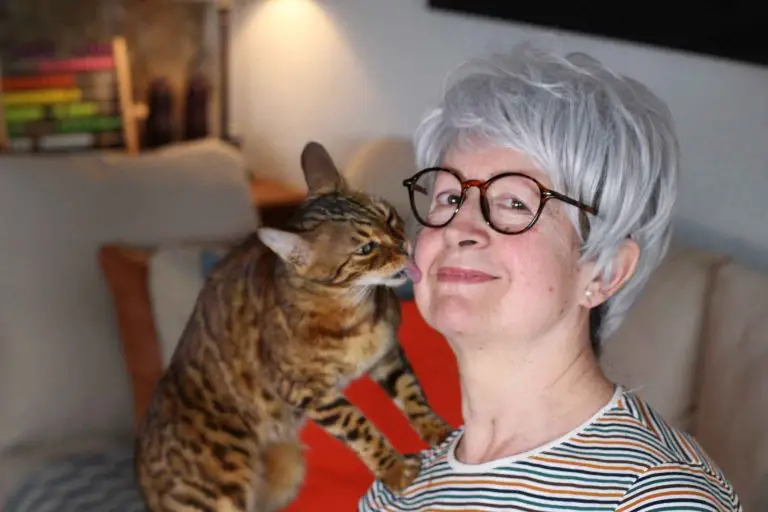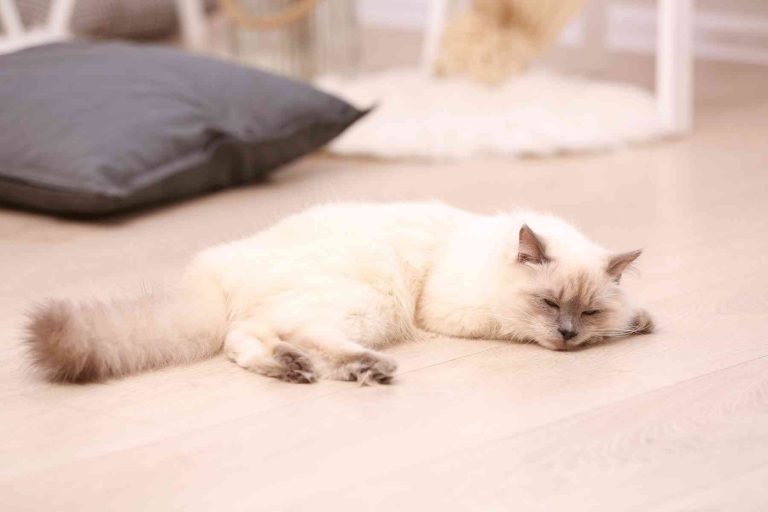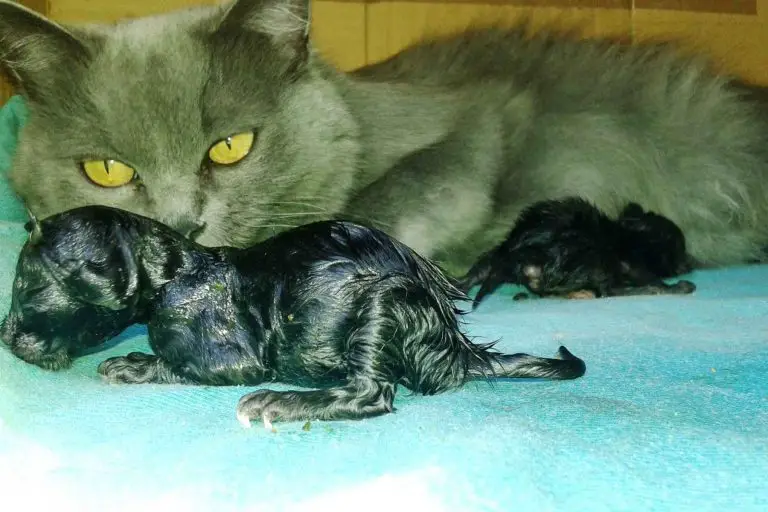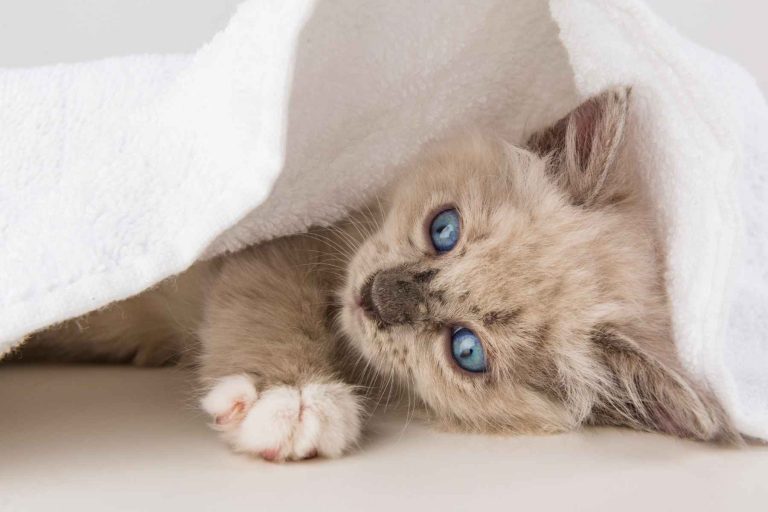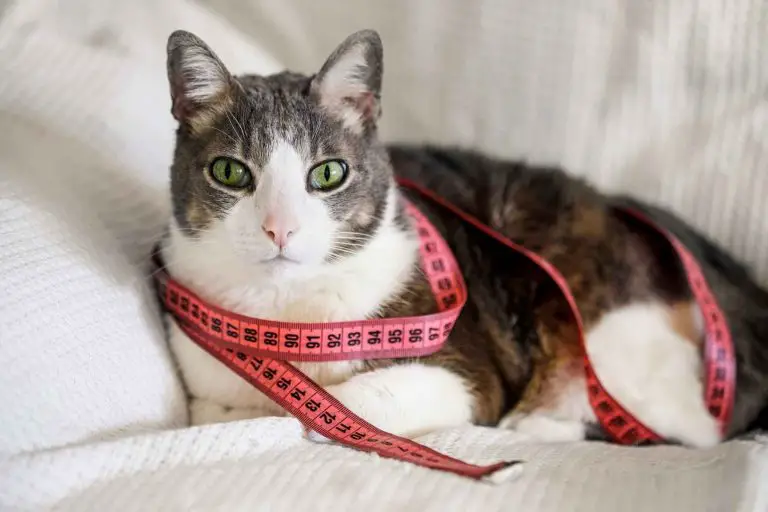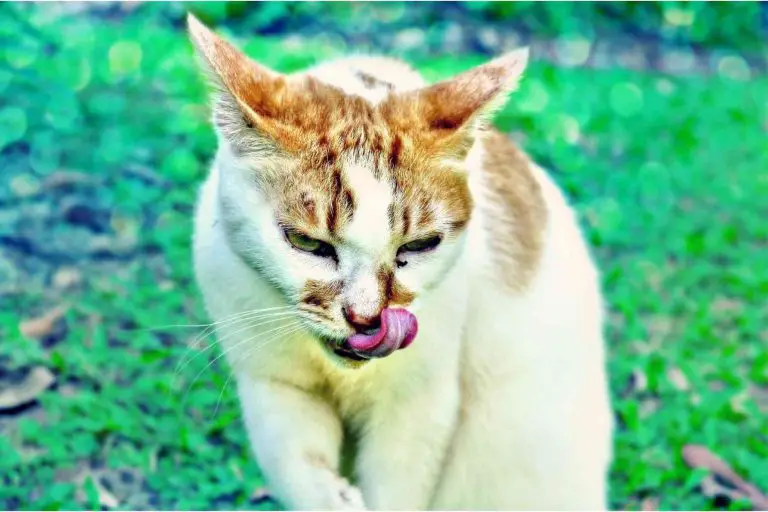How Much Do Cats Sleep?
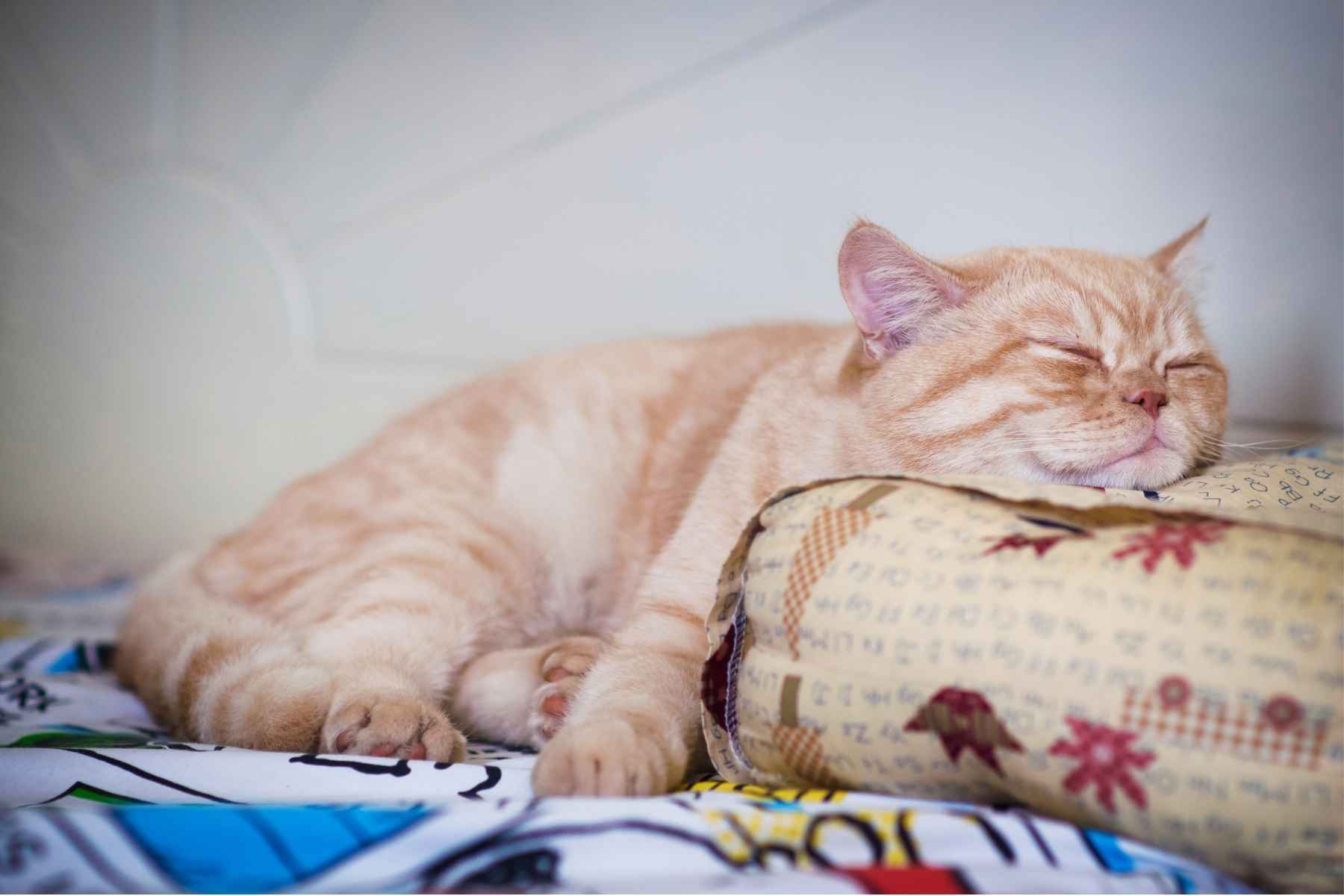
If you own a cat, you’ve probably noticed that they spend a lot of time comfortably snoozing. That being said, you may wonder just how many hours your feline friend sleeps away.
Cats generally sleep 12 to 16 hours daily, but this amount varies greatly depending on the feline. Senior cats and kittens, for example, tend to rest closer to 18 or 20 hours a day. Meanwhile, particularly energetic and curious pets may only need 10 hours of slumber.
This article explains everything owners should know about their feline’s sleeping habits. That way, you can better understand their needs and provide them with the best care possible.
Why Do Cats Sleep So Much?
Compared to humans, cats tend to slumber quite a bit. While you might only sleep for around 8 hours daily, your feline may easily snooze up to 20 hours.
So, why is that the case?
As it turns out, several factors can contribute to your cat sleeping a lot:
- Cat naps: Unlike humans, cats often spread their rest into short bursts throughout the day. Since they don’t get as much deep sleep, they require more overall recharge time.
- Conserving energy: While cats are agile, they lack the endurance that dogs and humans have. As a result, they’ve evolved to expend energy only when necessary.
- Enjoyment: Some cats sleep a lot just because they enjoy it! This is especially true for older kitties who have grown more sedentary.
- Adaptation: Our felines evolved to be light sleepers—both to protect them from predators and help them detect prey at all times. A byproduct of this adaptation is that they sleep more.
- Boredom: When cats lack stimulation, they can become depressed and slumber out of boredom. So, ensure your kitty has plenty of fun things to climb and toys to play with.
- Illness: Cats often act listless in response to medical issues. So take your pet to the vet if they seem unusually tired for more than a day.
How Long Do Cats Usually Sleep?
Cats have a unique sleep cycle. While humans typically get their rest all at once, cats spread out their sleep in short naps across the day.
Known popularly as “cat naps,” these brief slumbers usually last around an hour and a half. However, felines can nap for as long as several hours at a time—or as little as five minutes.
How long your kitty sleeps on average depends on, more than anything, your schedule.
For example, your kitty will likely take shorter naps if you or other people are constantly home. This is because there is much more noise and commotion to distract them. Plus, what owner hasn’t woken up their cat for the occasional snuggle?
Conversely, your kitty may sleep in longer chunks whenever you’re not home. Because they’re social creatures, many cats will feel bored and disinterested without company. As a result, your pet may seem particularly hyper at night since they slept all day.
What Affects How Much My Cat Sleeps?
Below are the factors that influence how much rest your feline friend needs:
- Age: Research shows that senior cats tend to sleep more and more as they grow older. Similarly, kittens may spend up to 20 hours a day napping between meals.
- Enrichment: Tiring your kitty out with playtime and toys means they’ll need extra recharge time. In contrast, a cat without enough physical enrichment may act restless.
- Personality: Your kitty might sleep more if they have a laid-back, relaxed temperament. Meanwhile, energetic cats may spend an increased amount of time awake.
- Other pets: Since domestic felines are social animals, they’ll often seek out other pets for playing and bonding. But without a furry friend, your pet may sleep more out of boredom.
- Outdoor vs. Indoor: Typically, indoor cats snooze more than outdoor cats. Indoors, your pet likely has all their needs met and a comfy bed to enjoy. In contrast, outdoor felines spend more time awake hunting and exploring.
- Environment: Cats will spend more time awake if their environment is stimulating. So, ensure your pet has cat trees to climb and windows they can sit by. Otherwise, they may sleep more out of disinterest and depression.
When Do Cats Usually Sleep?
There’s a common misconception that domestic felines are nocturnal creatures. But as it turns out, most scientists agree cats are actually crepuscular.
Crepuscular animals are most active in the twilight hours of dawn and dusk. This adaptation emerged to help cats hunt without being seen and avoid predators that might detect them otherwise. Not to mention feline eyes are excellent at seeing in low light conditions.
Because they’re crepuscular, felines do most of their recharging during the day. And as a result, it can seem like your cat sleeps more than they really do. After all, they’re often most active when we’re in bed and the least active when we’re awake.
Beyond their crepuscular instincts, your feline’s sleep cycle also revolves around your daily routine.
Cats usually love spending time with their owners. If you work an unusual schedule, they may base their activity around that routine—sleeping and waking when you do.
Similarly, felines are very particular about when they get fed. So your cat will likely be more active around the times of day you usually fill their food bowl.
Is It Okay For My Cat To Sleep All Day?
Generally speaking, it’s normal for cats to rest most of the day. But if your pet only gets up to eat and use the litter box, something might be wrong.
Cats, like other animals, are hard-wired to hide signs of illness. While a person might cry or moan when feeling sick, your pet is more likely to act lethargic. Because of that, it can be tricky to tell whether your pet is in pain or just tired.
To help, here are some signs that something might be wrong:
- Over 20 hours: Napping for more than 20 hours isn’t healthy for your kitty and may indicate a lack of stimulation. Ensure your pet gets plenty of enrichment, both through toys and affection.
- Ignoring food: Most cats love to chow down. So if your pet snoozes instead of showing up for dinner time, something may be bothering them.
- Aggressiveness: Does your cat lash out when you try to wake them up? That’s a sign that they’re resting due to pain or discomfort—especially if they’re also hiding.
- Sudden changes: If your once energetic kitty suddenly starts sleeping a lot more, they might be feeling sick. Call your vet if the unusual behavior persists for more than a day or two.
Sleep-Related Issues In Cats
Unfortunately, several health conditions may negatively impact your feline friend’s sleep cycle. Some of these issues can cause your kitty to slumber excessively. Meanwhile, others make cats unusually restless.
Below are some conditions that cause a lack of rest:
- Hyperthyroidism: This dangerous illness speeds up your cat’s metabolic rate, causing hyperactivity, increased appetite, and weight loss. Schedule a vet visit if you notice these symptoms.
- Pent-up energy: A lack of physical stimulation can make cats restless. To prevent that, give your pet playtime daily and provide toys for when you’re busy.
- Environment: Stressors around the home may cause your kitty to feel anxious, preventing needed rest. Loud noises and other pets can be especially agitating to cats.
Now, here are some issues that might result in excessive sleeping:
- Depression: When cats lose a loved one or experience dramatic changes, they can become depressed. Symptoms of this intense sorrow include constant slumbering and lethargy.
- Physical injury: Is your furry pal walking unusually or unable to jump? If so, they might have an injury and rest more than usual. Call the vet if these issues persist for over a day.
- Obesity: An improper diet can cause cats to lack energy and become listless. If your cat is overweight, consider changing their feeding habits and giving them more exercise.
Why Does My Cat Sleep With Me?
Does your furry pal curl up next to you when it’s time for bed? If so, you should feel great—because that’s a sign that your kitty loves you deeply.
Cats sleep next to their owners for a couple of reasons.
First and foremost is security. While cats have evolved to live with humans, they still retain their wild instincts. And as a result, they generally sleep in the places they feel safest from predators.
So when your furry pal curls up next to you at night, it’s because you make them feel protected. In fact, your kitty is showing that they trust you even when they’re most vulnerable.
However, another reason they do it is purely out of affection.
Domestic felines are generally very social animals that enjoy the company of their owners. And one of the ways they bond is by cuddling up to their favorite humans.
This point is especially true if you spend most of your time at work or out of the house. In that case, your kitty may sleep with you because they miss you during the day.
Final Thoughts
Most cats will nap around 12 to 16 hours daily. However, senior cats and kittens may sleep closer to 20 hours a day.
If your cat’s sleeping habits suddenly change, consider scheduling a visit with the vet.

